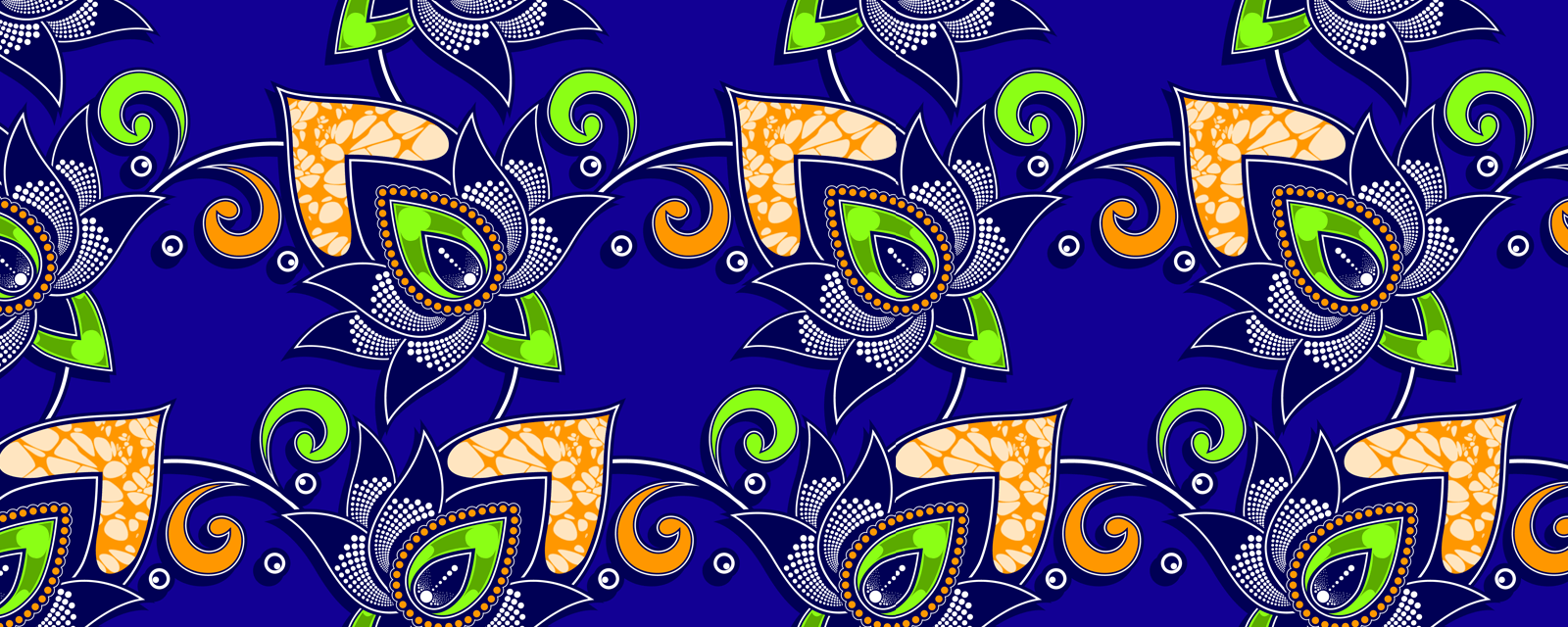An Udje song, or satirical song from the Urhobo people of the northwestern part of the Niger Delta in southern Nigeria. Udje were sung during the festivals held irregularly, but usually in December, in honour of local deities, who are here named at Djudu and Ogode.
Different communities would lampoon each other on topical matters in songs divided, as here, between a lead singer and the main group. This song was performed during the first decade of Nigeria’s independence from Britain in 1960.
Lead Singer
Fortitude, indeed we need it,
a wrong step warns us not to be careless in repeating it.
Oh, innocence has cost the pangolin its life. (1)
Our songs are like sugar,
a sewing needle pierces a point once only. (2)
Gongs are chiming once again,
Djudu is a major divinity,
Ogode a powerful communal deity.
Every year we worship him,
renew his charms and renovate his shrine house.
These are the signs of an impending festival.
Spectators, hear a tale:
This much-talked-of self-government has become our undoing.
Colleagues, carry the song for me.
Group
News came from Benin that Black men would govern themselves, (3)
the Whites had exploited us too long, and the UAC folded in retaliation. (4)
The first few years were very pleasant,
no one ever thought regret would be our lot.
The slogan said “With Independence, the price of palm produce would soar”,
“the rubber trade would witness an unprecedented boom” screamed another. (5)
Oh, they had lured the fowl with corn into a trap.
When the Referendum time came near, (6)
Kinsmen in foreign lands were lured home.
Demo, Power, Zik, Okokoroko. (7)
The more you drown a calabash, the more it floats. (8)
The campaign fever was everywhere.
Barely two years later, the confusion of tax raids brought sleepless nights to all.
“The police are in town. Let no one brave the police.”
Naughty children would taunt the defaulters, “Kikighwo, run fast!” (9)
and a stampede would begin.
Those running into culverts were beyond number in Urhololand,
those suffering injuries were a multitude.
The swift of foot escaped paying for that year,
but a debt does not grow mouldy with age. (10)
Soon, an angry murmur filled the air,
“Should one defecate in the home for fear of tax?
This so-called civilisation has become a curse.
We go about stealthily like a fox prowling for a stray chicken,
Independence has brought us disaster.”
While we fumed, letters came from Benin that the government was bankrupt.
Tax receipts for four, for six years were demanded,
For the poor, living was a nightmare.
Our race for progress is now at bay,
Demo, Okokoroko, One Nigeria! (11)
G.G. Darah,
Barrels of Songs: A Study of Satire in the Udje Dance: Songs of the Urhobo of Nigeria,
unpub Ph.D. thesis,
University of Ibadan, 1982.
Footnotes
- Pangolin A mammal that feeds on ants and termites, recognisable for the scales covering its body. It moves slowly, has poor eyesight, and is easily caught (“innocent”) by hunters who value its succulent flesh.
- Singers in udje contests praise themselves, in this case for singing sweetly and to the point.
- Benin, the state capital.
- UAC: The United Africa Company, a subsidiary of UniLever. In fact, it was reconstituted and continued operating until 1973.
- Palm oil and rubber were the delta’s principal exports until oil boom of the 1970s.
- Independence was pre-ceded by a referendum on self-rule.
- Demo is an acronym of the Midwest Democratic Front. Power was the slogan most frequently used in the constitutional crisis ravaging the region in the early 60s. Zik was the nickname of Dr Nnamdi Azikwe, Nigeria’s first President. Okokoroko is the cry of the cockerel, symbol of the National Party led Azikwe.
- Calabash: A type of gourd with a hard rind, endlessly buoyant in water. The line means political issues cannot be suppressed.
- Kikighwo, an ideophone indicating a stampede.
- No matter how long you ignore a debt, you still have to pay it.
- The government’s slogan during the Biafran War of 1967–70.

